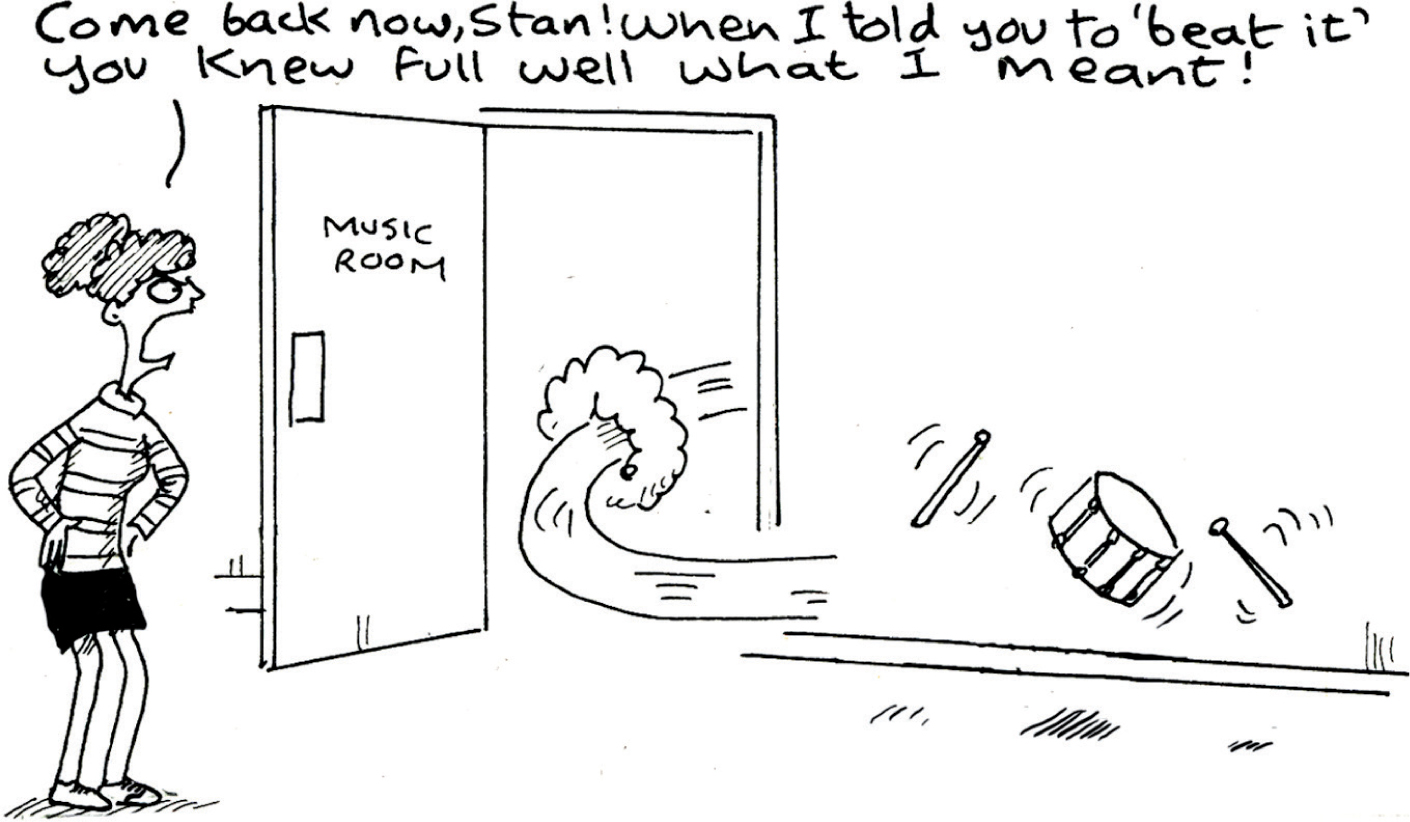Have Your Say: Letters to the Editor July 2021
Thursday, July 1, 2021
Write to us at music.teacher@markallengroup.com and find us on Twitter @MusicTeacherMag.

vladwel
Star letter: Music literacy in decline?
The Society for Music Analysis commissioned me to investigate whether those applying to music degrees were less musically literate than in the past. Data were collected and analysed over the course of two years. A key question is ‘What would it mean to be musically literate?’ As you might expect, there were different views ranging from a narrower expectation of being able to read and write music to much broader ones. Some of the broader definitions might be called musicianship rather than music literacy. The general view was that music literacy of the narrower kind had declined with implications for universities' entry requirements and courses.
Another aspect that came to the fore was what a socially just music curriculum might be. On the one hand, some of the participants believed music education should provide an opportunity for young people to discover a broader range of music, through engagement with a rich and deep curriculum. On the other, there were strong views that the music curriculum is rooted in a culturally biased past that privileges certain music and associated knowledge.
There was concern about the limited time given to music in primary teacher education courses. Some schools pay for organisations to enrich the school curriculum, with some in-service training available. However, the music education on offer in different areas, either in schools or through music Hubs, varies considerably, with associated implications for progression.
Not all young people aspire to continue with music professionally, of course. Any curriculum has to provide both a general opportunity to learn more about a subject and, hopefully, to find some enjoyment in it, and opportunities for those who are interested to progress to a higher level to develop their interest and enjoyment. As the project report emphasises, research into music education has demonstrated its many benefits time and time again. Therefore, its inclusion in the curriculum is valuable and some might say essential. Although the EBacc has been seen as detrimental to music education, the evidence does not support that view at the moment. The greater issue seems to be patchy provision and variation in aspiration for young people, regardless of preferred music style or genre.
The report was written for the Society for Music Analysis. It was interesting to note that many music teachers, including instrumental ones, did not recognise that they might be teaching music analysis. Of concern in terms of assessment was the requirement for young people to apply analytical techniques suitable for Western Art Music to other styles where they would be inappropriate or less applicable.
This is just an overview of some of the issues raised in the report that are fundamental to music curricula and teaching. The report is available at www.sma.ac.uk/questioning-the-gap-in-music-literacy-in-england.
MT readers are welcome to contact me on mcqueenSMA@gmail.com if they would like a copy of the two-page overview or have any queries.
Hilary McQueen, UCL Institute of Education, University College London
Brilliant Bollo
I've just read the article about Bollo Brook in MT [June, pp.22–24] and wanted to say how wonderful it is. Sound Connections has worked with them for a number of years and we have just completed a series of three sessions on social justice, which Colin Brent and his team led. I think they are fabulous and it is so refreshing to see MT covering this and giving it the attention it deserves. As an organisation, our focus is beyond schools and with young people, communities and organisations who exist on the fringes, so I thought it was great that you have featured this work.
Philip Flood, director, Sound Connections

The Peris by Harry Venning

